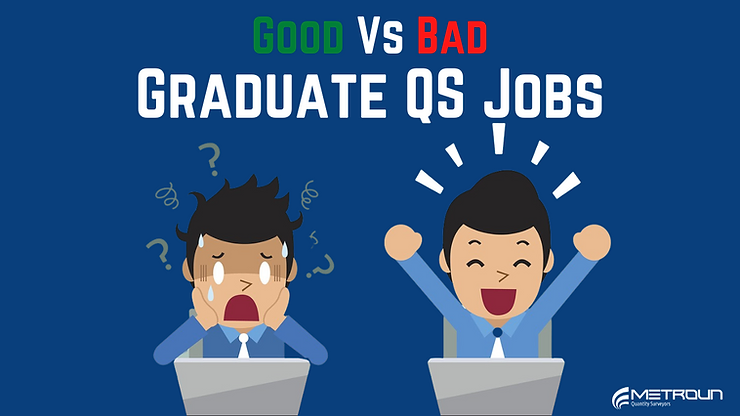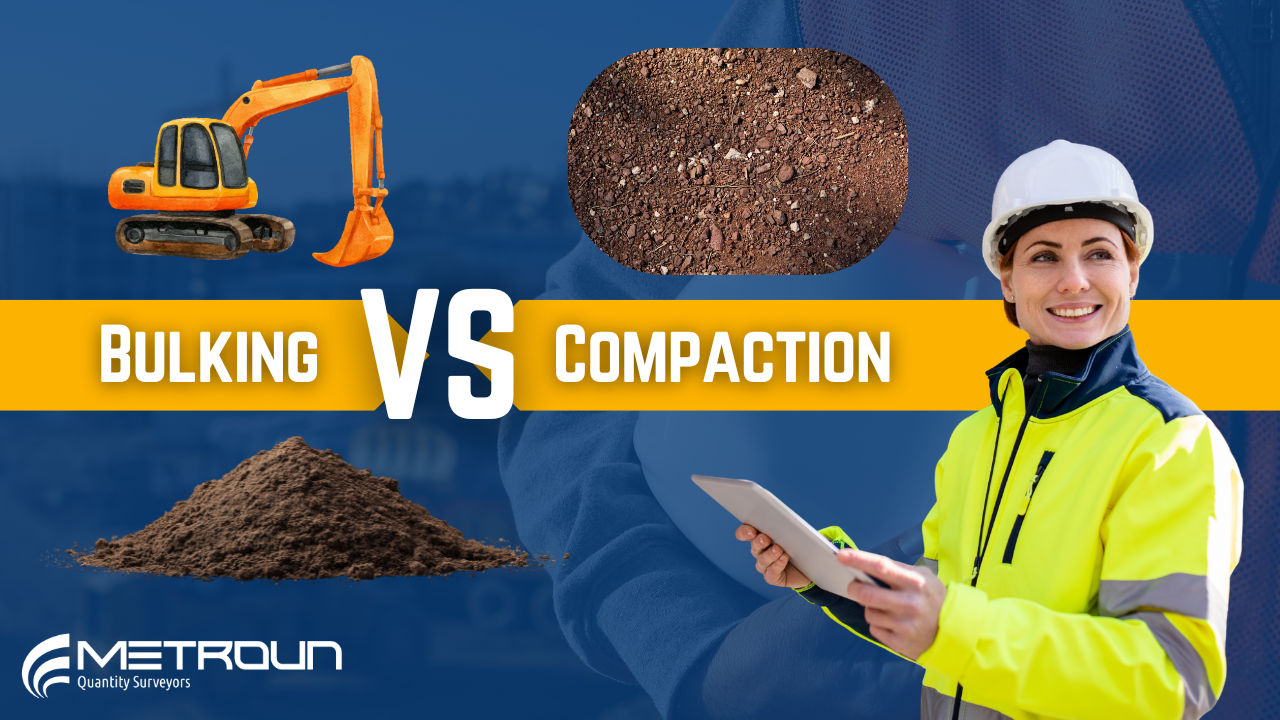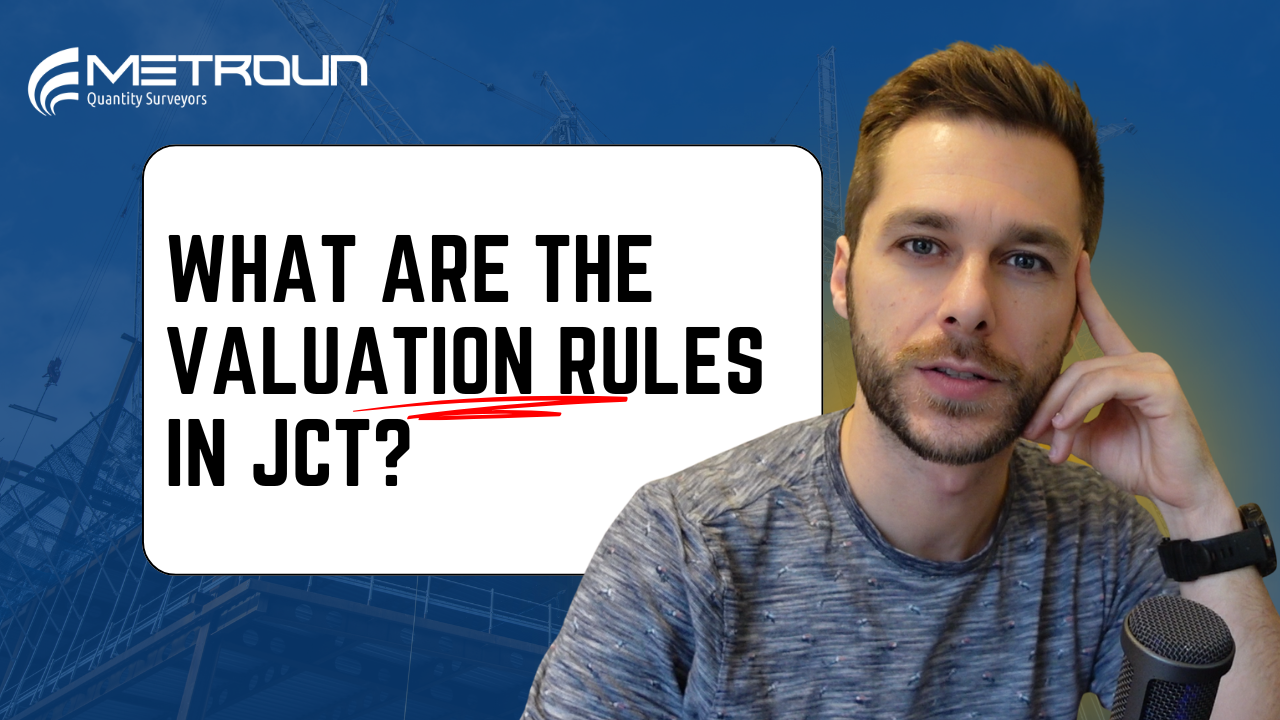If you’re reading this post, you’re probably one of two people. Either you’re a loyal Metroun subscriber who reads every blog post and who we massively appreciate, or you’ve never seen a one of our posts, you’re a new graduate and a hopeful future subscriber to our channel. Either way, we’ve got you covered. So, let’s get into this week’s blog post.

In all honesty, most people come out of university and want to secure a job and don’t really think if the role they have been offered is good or bad. Most of the time, they think “I have studied for this job and now I have been offered this job, therefore it must be good”.
But in reality, you can be offered 2 Graduate QS roles that are completely different from one another. That’s why it’s important to identify the good roles from the bad ones.
Before determining whether a job is good or bad, you need to first secure a job offer. We have already created an array of videos that can help you with your CV and the interview process. These can be found on our YouTube channel Metroun Quantity Surveying – YouTube
To determine the difference between a good job and a bad job, you need to focus on the following points.
1. First impression – You will get this vibe at the interview stage. Did the employees working here seem friendly? What did the social dynamics look like? Do you like the layout of the workspace? Was your interviewer welcoming and will you feel comfortable working here? It may be the most interesting, highest paid job that you have interviewed for but, if the people and your managers don’t seem friendly and welcoming, it may be a difficult place to work.
2. Education and Support – As a graduate QS, the learning really starts now. What you’ve learnt at university will be helpful however. Make sure you’re not the lone QS on a job or a project. Many graduate QS’s look at money as the defining factor to progression and success but at this stage, its all about learning your trade. You should be working under the guidance of a Senior QS, a QS or a Managing QS who can support and guide you through the first few years. Courses and training should be made available by the company to ensure you are consistently learning and evolving into a well-rounded QS.
Before we get onto point 3, this topic was suggested on our Telegram page. Here you can find like-minded individuals who are all passionate about Quantity Surveying and excelling in their career. A link to the telegram group can be found in a link below.
3. Try not to focus on money – As we touched on point 2, getting the highest paying graduate QS job shouldn’t be top of your priority list. Now we understand that this is a strange one, but as a graduate, your main goal should be learning, expanding your CV and impressing to secure that Quantity Surveyor job title. Once you have that title, the world really is your oyster. Here at Metroun and in our personal careers, we have spoken to a multitude of QS’s starting off their careers as trainees, graduates or assistants. The ones that stick it out for a few years, impress and get the Quantity Surveyor title far exceed the QS’s that jump around for an extra 1 or 2k elsewhere with the same title. If you are to move, make sure you’re moving up in title and not just up in money. As a pointer, a graduate salary can be anywhere between £22,000 and £32,000 dependant on experience and location. Now of course if you feel uncomfortable in your role, feel like you aren’t progressing or just hate the job, move. We’re not suggesting you should stay no matter what.
4. What will you actually be working on? – A fine balance is needed here. You don’t want your only responsibility to be managing one subcontractor for the next 2 years, but you also don’t want to be running a large-scale project all by yourself. You want to be in that sweet middle spot where the responsibility of subcontractors payments fall on you but not yet the client valuation. You want to produce some CVR’s but not the main CVR that is seen by the directors. Finding out what your role will involve is important. Asking this question at an interview will be seen as taking the initiative and being interested in the role by the interviewer. “What will my role involve if I were to be successful in this interview?” Its really that simple to ask.
We hope this has given you an insight into what you should be looking for in your first job as a graduate or trainee quantity surveyor.










